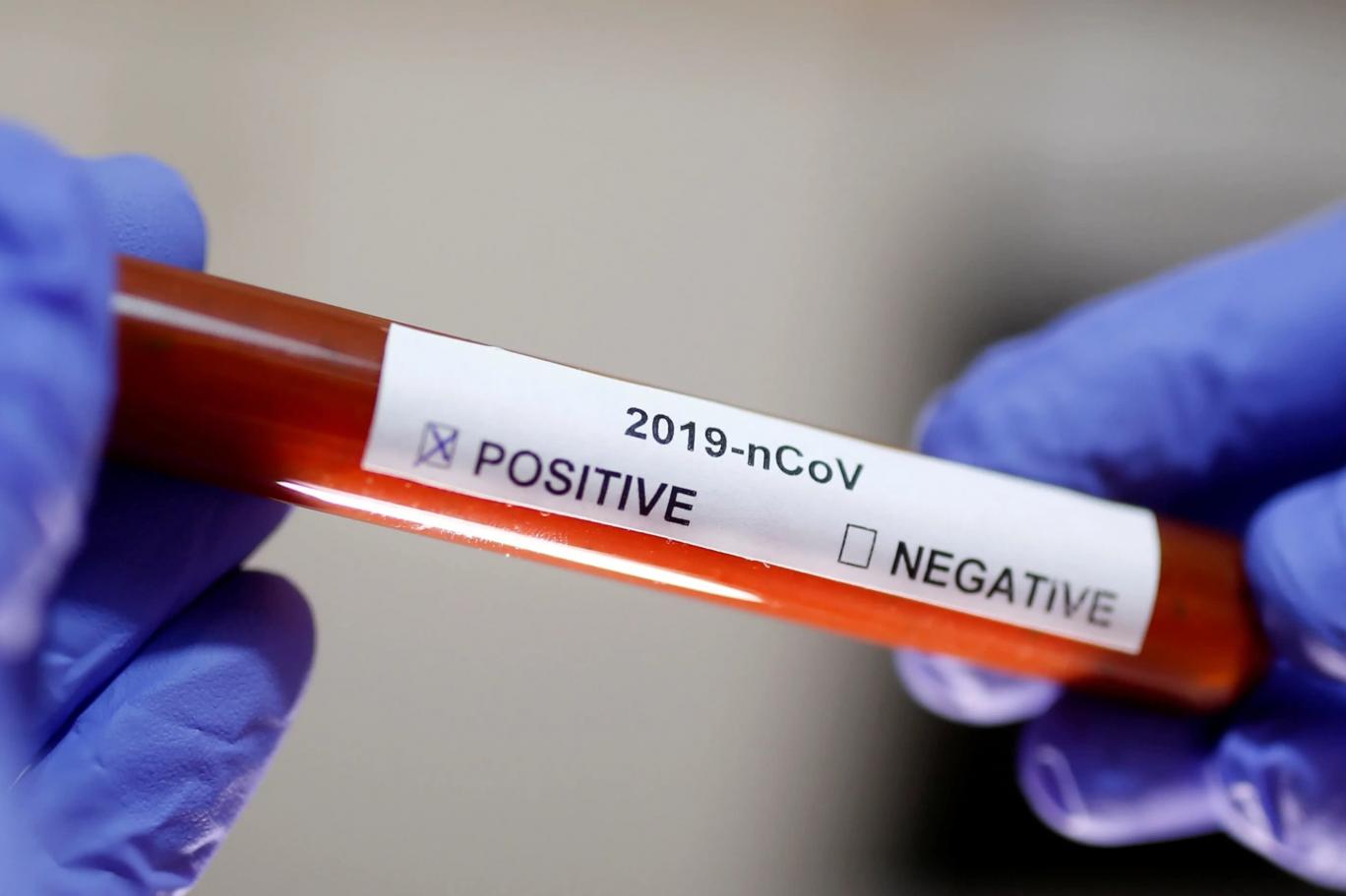
Anti-malaria drugs may not be your magic cure to COVID-19

Anti-malarial drugs have been touted the game changer for COVID-19, but are we rushing into conclusions too soon. Experts say yes.
Taking cue from the usage of Chloroquine to treat Severe Acute Respiratory Syndrome (SARS) during its outbreak in 2003, Chinese researchers treated patients with it in observational studies and found it effective after the COVID-19 outbreak peaked in February this year.
“A study has been done on SARS-COV, which caused an outbreak in 2003. The study found that Chloroquine, which has been around for 30 years, was effective for treating the virus. It was revealed that with 70 per cent homology, the treatment could be applicable for SARS2 or COVID-19,” says Dr V Ramasubramanian, consultant, infectious diseases, Apollo Hospitals.
He, however, say the drug may not be a one-stop solution as it was tested on a small sample of people instead of going through a randomised controlled trial.
Related News: Stick to the basics, say scientists, until we find a cure for coronavirus
“There are about 20 patients in the study and there are a number of methodological holes in it. For one, the study has to be a double blind randomised control study, where the sample has equal factors with respect to age, co-morbidities, etc. The treatment cannot be recommended without scientific evidence,” he adds.
The Indian Council of Medical Research (ICMR) recently had the medical fraternity in arms when it recommended Hydroxychloroquine, a drug used to treat malaria, rheumatoid arthritis and lupus, as a preventive drug for COVID-19. The drug has been a sought-after one since United States President Donald Trump endorsed it. However, experts argue that there is no evidence for its effectiveness, while it can lead to a number of side effects like blindness and fibrillation of the heart among others.
Related News: As always, media is favourite whipping boy in COVID-19 pandemic
Dr N Kumarasamy, chief and director, Voluntary Health Services – Infectious Diseases Medical Centre and director, Chennai Antiviral Research and Treatment (CART) Clinical Research Site of US National Institutes of Health (NIH), says “There doesn’t seem to be an antiviral effect. On the other hand, with one set of people with viral diseases who have cytokines and chemokines secreted in the body, due to a viral infection, there can be organ damage — cardiac failure or even lung collapse. In those individuals, the drug could be effective.”
He also informed that NIH and the Centre for Disease Control and Prevention have started trial of the drug with a sample of those testing negative for COVID-19. “It is a work in progress; we have to wait and watch,” he said.


